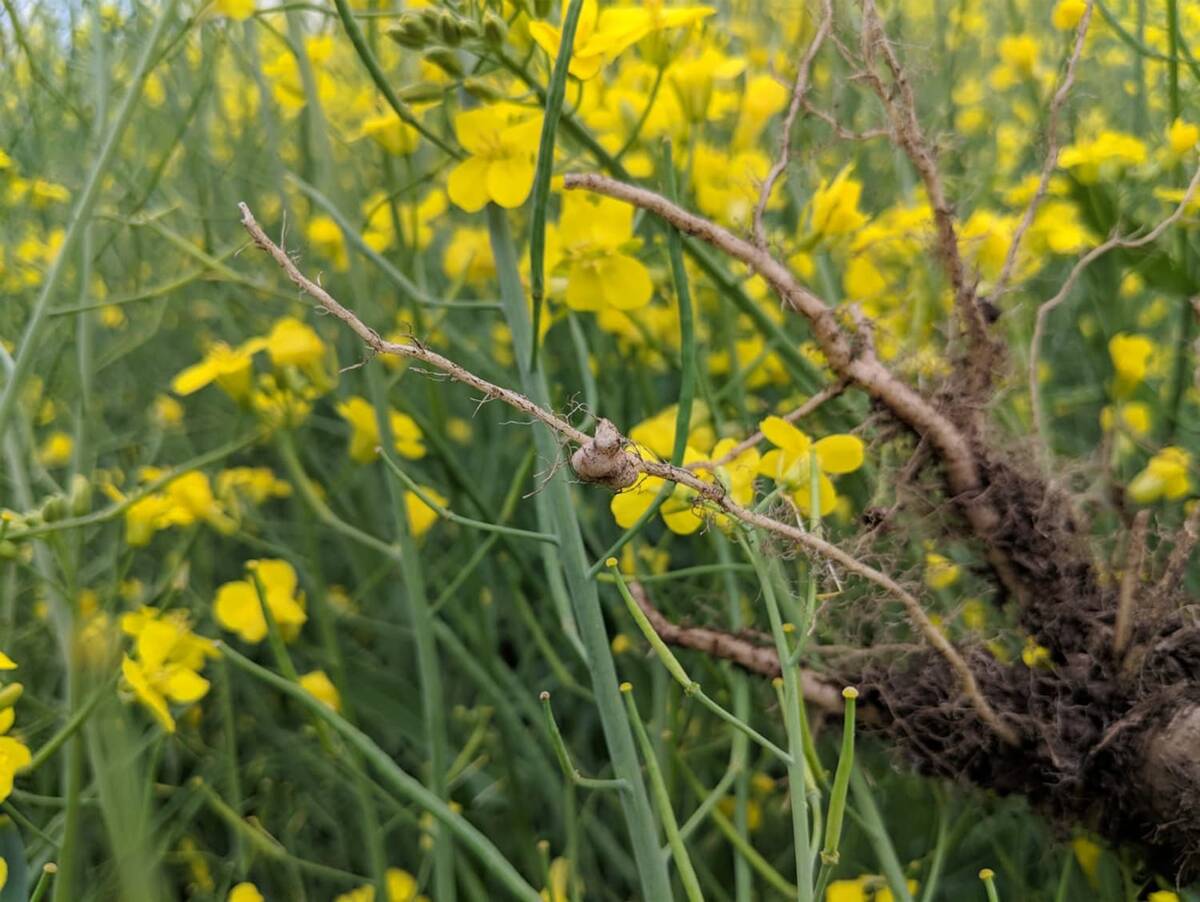Wheat and canola have been the targets of organic growers opposed to genetic modification, while peas and chickpeas appear to have slipped under the radar screen.
That’s because few organic growers know that Saskatoon’s Plant Biotechnology Institute has successfully developed GM pulses, says organic farmer Ian Cushon of Oxbow, Sask.
“I would say most farmers in general aren’t aware of it,” he said, upon hearing the news for the first time last week.
The research project was mentioned at the recent Pulse Days 2003 conference.
Read Also

Going beyond “Resistant” on crop seed labels
Variety resistance is getting more specific on crop disease pathogens, but that information must be conveyed in a way that actually helps producers make rotation decisions.
PBI research director Wilf Keller confirmed that genetically modified lines of peas and chickpeas resistant to Liberty herbicide were created at the facility in the late 1990s.
He said the institute hasn’t kept the project under wraps.
In fact, representatives have spoken about research findings at public conferences and have written scientific papers on the subject, said Keller.
That said, representatives of BiotechCanada, which calls itself “Canada’s voice for biotechnology,” were unaware of the existence of herbicide-tolerant peas or chickpeas.
Keller is forthcoming with the details. He said the pulse research was limited to lab work and a few years of confined field trials between 1998 and 2000. And he was adamant there is absolutely no intent to commercialize the research lines.
“We have made it very clear to the industry that this material is not going anywhere in terms of further testing or breeding.”
Those words don’t appease organic growers like Foster Warriner of Alameda, Sask. He said it is akin to a husband telling his wife they should discuss getting a divorce … just in case.
“To say that some companies are just curious about this, well, I don’t believe that.”
Keller assures growers there is “virtually no cross pollination” with peas and chickpeas, adding that the institute has not conducted any field trials since 2000.
All the GM pulse seed has been collected and is stored at the institute.
He said PBI will focus on identifying what genes are responsible for specific traits.
Keller said the industry needs to be prepared for the day that there is broader acceptance of GM crops.

















